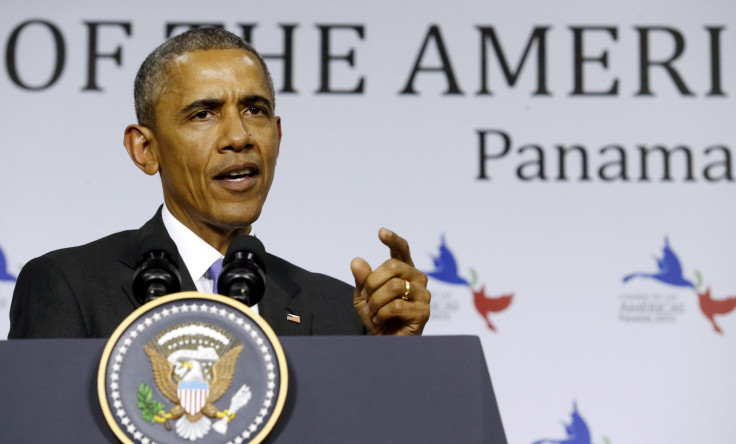US businesses urge President Obama to press China on protectionist laws that affect foreign companies

Many American business groups have urged President Barack Obama to press his Chinese counterpart Xi Jinping on the issue of protectionist policies that are hampering American companies, when the Chinese leader visits the U.S.
In a letter to the President, 19 U.S. business lobbies, including the American Chamber of Commerce in China, U.S. Chamber of Commerce, and sector groups which include the National Association of Manufacturers and Information Technology Industry Council, Coalition of Services Industries, and Computing Technology Industry Association urged Mr Obama to raise the issues faced by the information and communications technology sector.
“China has increasingly pursued policies that have adversely affected the ability of U.S. ICT firms and the companies that rely on them to do business in China," the groups wrote. They highlighted China's "approach to defining its national security interests" as a key concern, and cited a slew of new and upcoming laws that question the world's second-largest economy's commitments to open markets. China's Ministry of Foreign Affairs and State Council Information Office did not respond to requests for comment. Many U.S. technology groups have been at loggerheads with China after it started acting on national security issues for addressing security concerns over the American technology.
Security concerns
In their letter, the co-signees pressed the President to have an assurance that the two countries would not use the veil of national security to push protectionist policies that restrict competition. In July, China adopted a sweeping national security law which sought measures to tighten cyber security for all key network infrastructure and information systems.
The cyber security issues revolve around requirements that technology vendors have to subject their network-security equipment to third-party audits and if required, hand over source codes and encryption keys. Beijing also introduced many measures that stipulate what kind of products to be used--especially in banking where technology has to be “secure and controllable.” According to Chinese officials, Beijing welcomes businesses from all countries to operate in the country, but it will not compromise on national rights and information security.
The American Chamber of Commerce in China has already raised the matter with China and said its draft cyber security law is too vague and could undermine global trade. James Zimmerman, the group’s chairman urged the Government of China to “ensure that national security standards are in line with international standards and are transparently developed with equal access for foreign companies.”
(For feedback/comments, contact the writer at feedback@ibtimes.com.au or let us know what you think below)




















